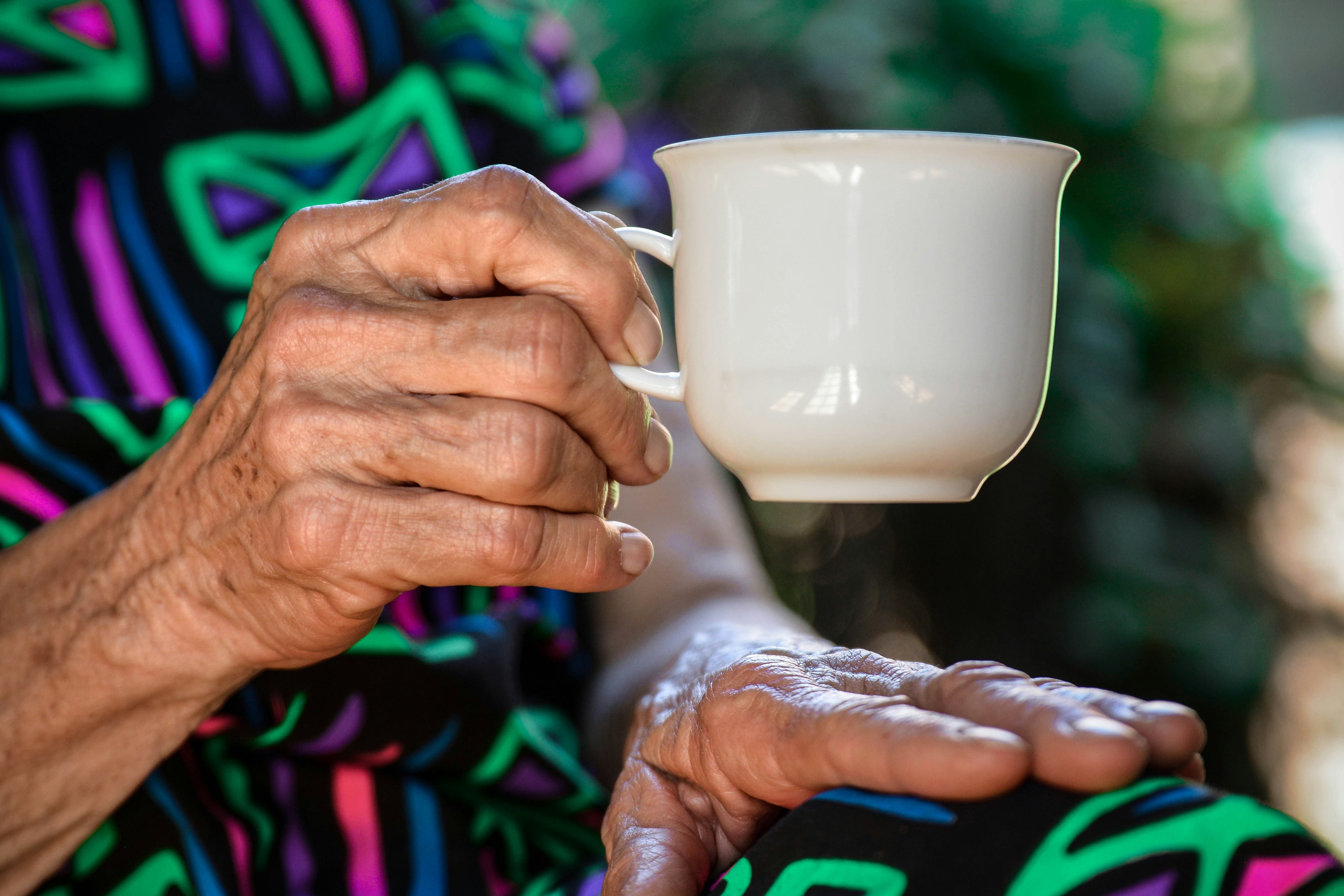
Third-year medical students are undertaking placements in local social care settings in a new pilot programme developed by the University of Southampton and the Hampshire Care Association.
The initiative aims to bridge the gap between health and social care by providing the next generation of doctors with real-world insight into the care sector and the critical role it plays in people's lives.
Dr Alex Corcoran is the year 3 module lead for Primary Care at the University of Southampton. He is leading this initiative and said: "This pilot gives our students a powerful insight into the world of community-based care. Spending time in a nursing home allows them to experience firsthand the value of holistic, person-centred care, and the vital role of multidisciplinary teamwork.
"Fostering mutual respect and collaborative working early in medical training will bring lasting benefits to both our future doctors and the nursing home teams they work with."
During the pilot, students will be embedded in nursing homes across Hampshire, gaining first-hand experience of how these settings support hospital discharge, rehabilitation, prevention, complex care, end-of-life care, and the ongoing well-being of residents. The placement lasts a day and students attend in pairs.
Emma Heath, CEO of Hampshire Care Association , said: "This is a truly radical shift in how we train tomorrow's healthcare professionals. For too long, social care has been misunderstood or overlooked. By placing medical students directly into care settings, we're helping them see the full picture of a person's care journey and not just what happens in hospitals. It's one vital step toward a more integrated system."
The placement programme is the first of its kind with University of Southampton medical students, and the pilot supports the national ambition for closer working between health and social care as outlined in recent NHS and government reforms.
The innovative programme offers mutual benefits to health and social care. Students gain practical, person-centred experience, while providers have the opportunity to showcase professional, skilled care practice and influence future medical leaders.
Marie Wheeler, a Registered Manager from Romsey-based Durban House, who is participating in the pilot, said: "We're proud to be part of this important pilot. Nursing homes are often overlooked, yet we care for people with complex needs every day, often without full access to NHS services. By working alongside our team, medical students can gain vital insight into dementia, chronic illness, end-of-life care, and the barriers to accessing health services often faced by residents in social care.
"It's also a chance to recognise the unique skills and depth of knowledge in the nursing home workforce, which are too often missing from medical training. This experience builds clinical confidence, empathy, and a real understanding that whole-person care relies on strong collaboration across health, social care, and families.
"We hope students take this learning into their future careers, championing closer integration and helping shift more clinical interventions safely into care homes, reducing avoidable hospital admissions and improving outcomes for those who need it most."
Andrea Pattison, Owner of the Southsea-based St Ronans Care Home, who is also participating in the pilot, said: "We're delighted to be taking part in this pilot and are very much looking forward to welcoming medical students into our home. Providing students with access to care homes at such an early stage in their career and development is such a great way to build mutual understanding and respect across the health and social care sector - and ultimately lead to even better care for care home residents.
"We can't wait to showcase the dedication and highly skilled work carried out by our Registered Nurses, as well as our nursing assistants and all other staff - it takes every single one of them to provide the care for our residents that we are so proud of. It will be a pleasure for them, too, to understand more about the nature of the training and development of the students so that we can build the reciprocal relationships needed to deliver the best possible care across all parts of the system.
"We're committed to making this pilot a success and really building on it into the future."
The pilot will run across selected sites from September to December 2025, with evaluation and learning feeding into a proposed wider rollout in 2026.






